Your Clinic
SET A LOCATION
Your Clinic
SET A LOCATION
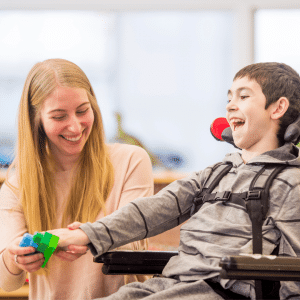
What is PCIMT?
Progressive Pediatric Therapy is offering pediatric constraint-induced movement therapy (PCIMT). PCIMT is a program to improve strength and mobility in the affected arm of children with hemiplegia (weakness on one side of the body). The program involves putting a cast on the less affected/unimpaired arm.
How long is the program?
The cast is on the child’s arm for a full two weeks. The child is expected to wear the cast the majority of the day (90% of the time). The child will be seen for 5 days a week by an experienced therapist.
An extra week can be added to work on tasks involving both arms, without the cast on. This can include daily tasks such as buttoning, using a knife and a fork, and teeth brushing.
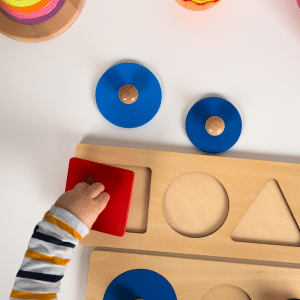
How does it work?
The PCIMT program leads to “rewiring” of the brain. It encourages the more impaired arm to be used for tasks needed throughout the day, leading to rapid changes in motor function. The research shows that this program leads to the most changes in function for hemiplegic patients.
How can I help?
The treating therapist will create a home exercise program for the child to complete at home in order to ensure the most gains are being made while in the cast. It is recommended for parents to be present during therapy sessions in order to ensure as much carryover as possible.
The post Pediatric Constraint-Induced Movement Therapy appeared first on PPT4Kids.
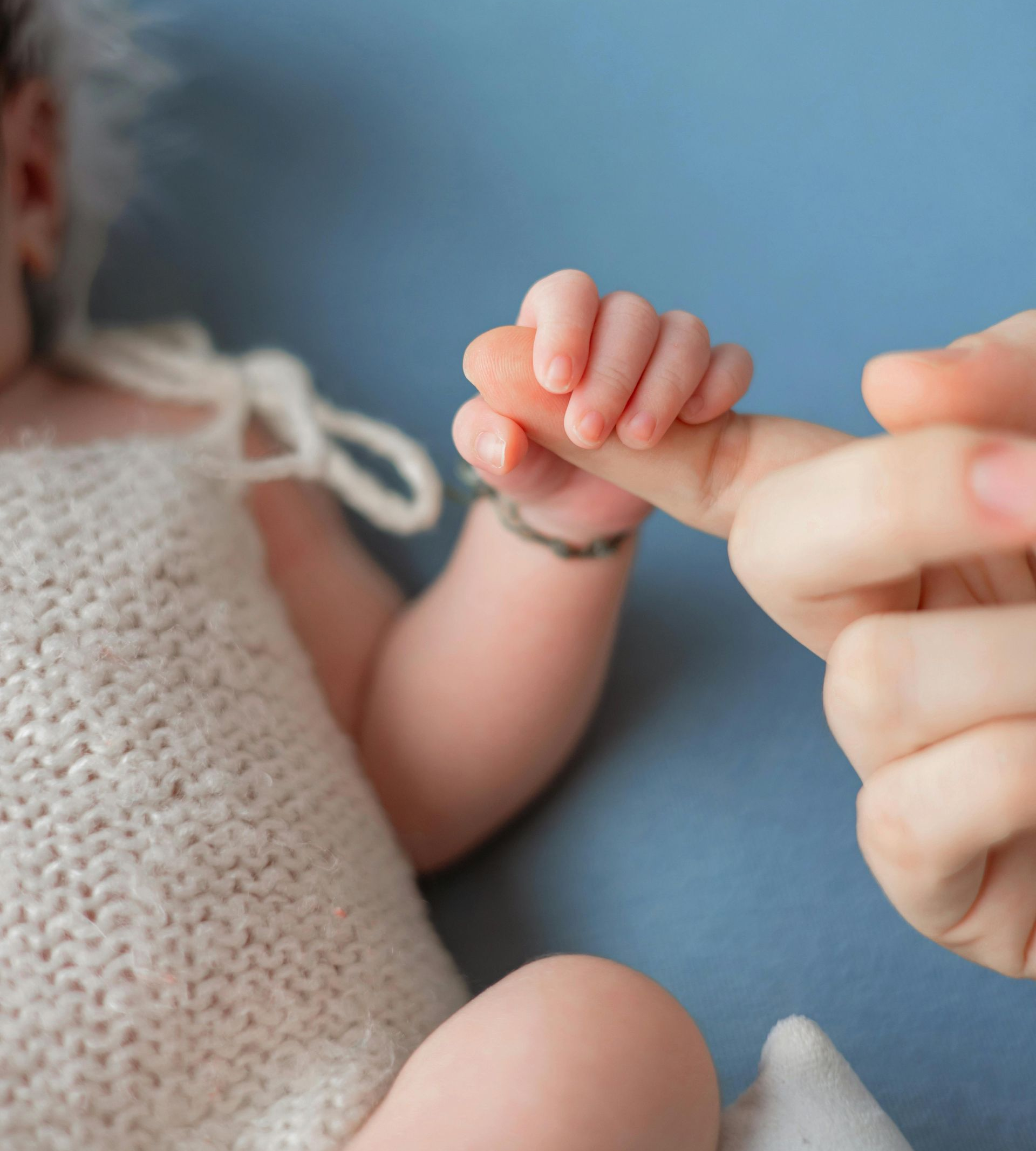

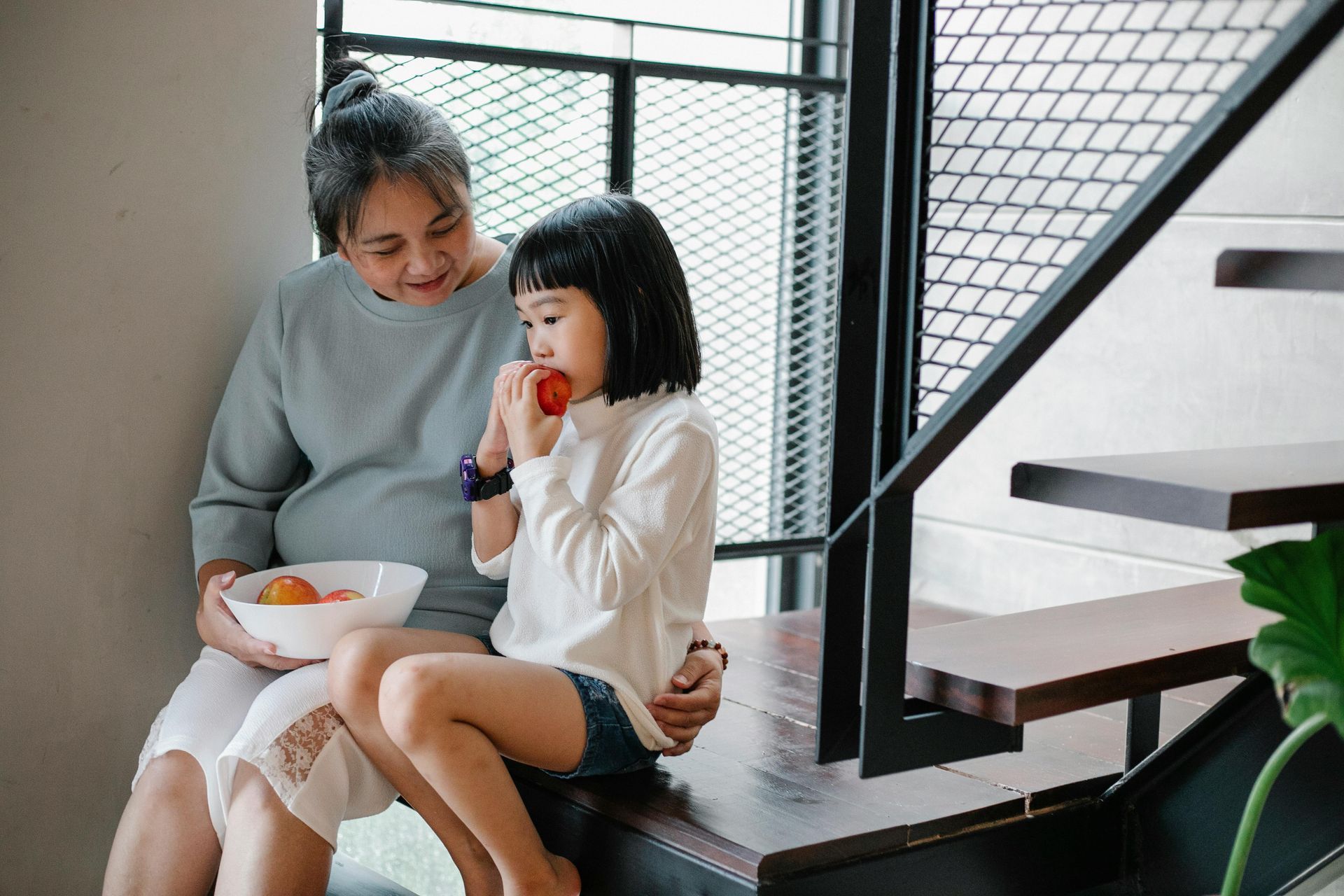

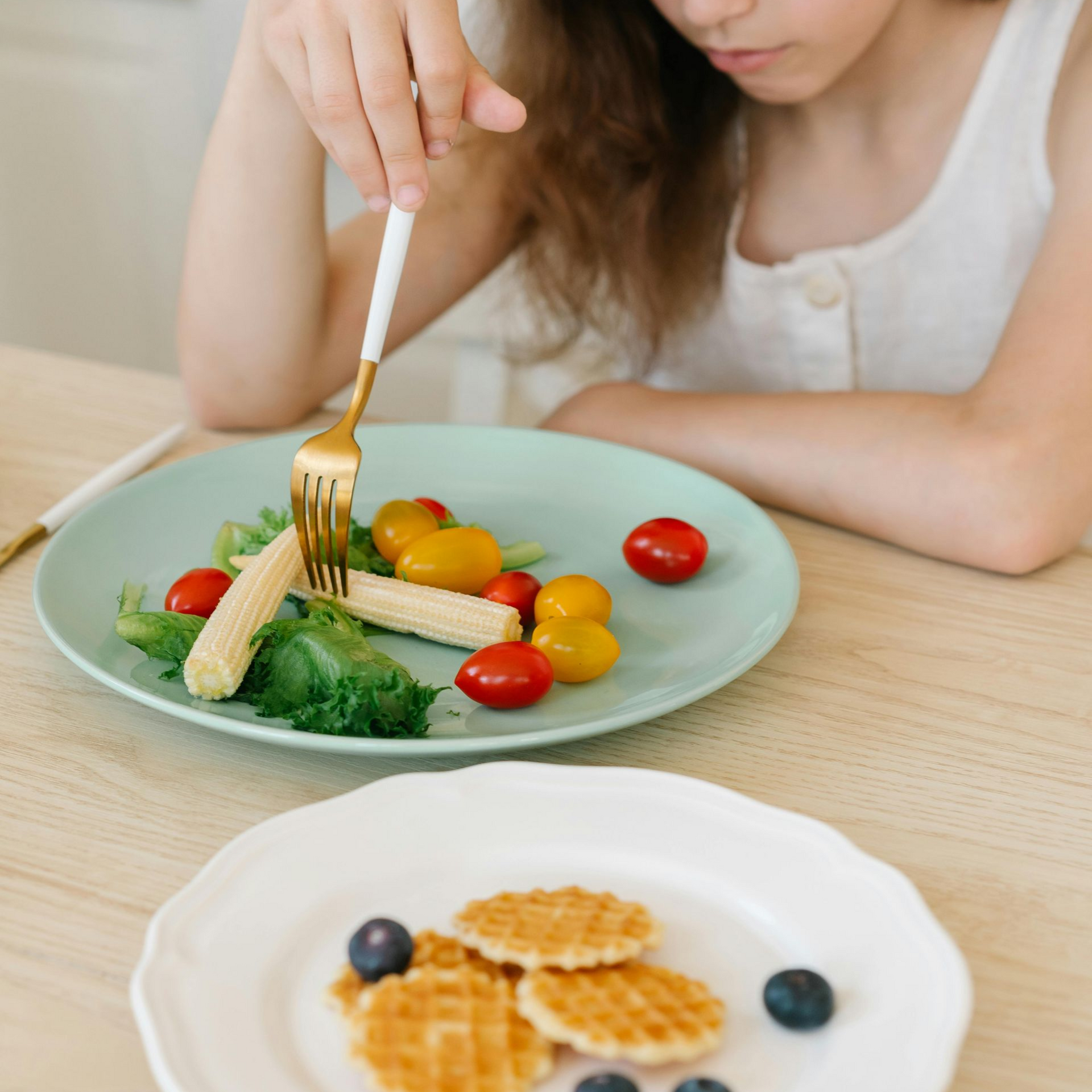

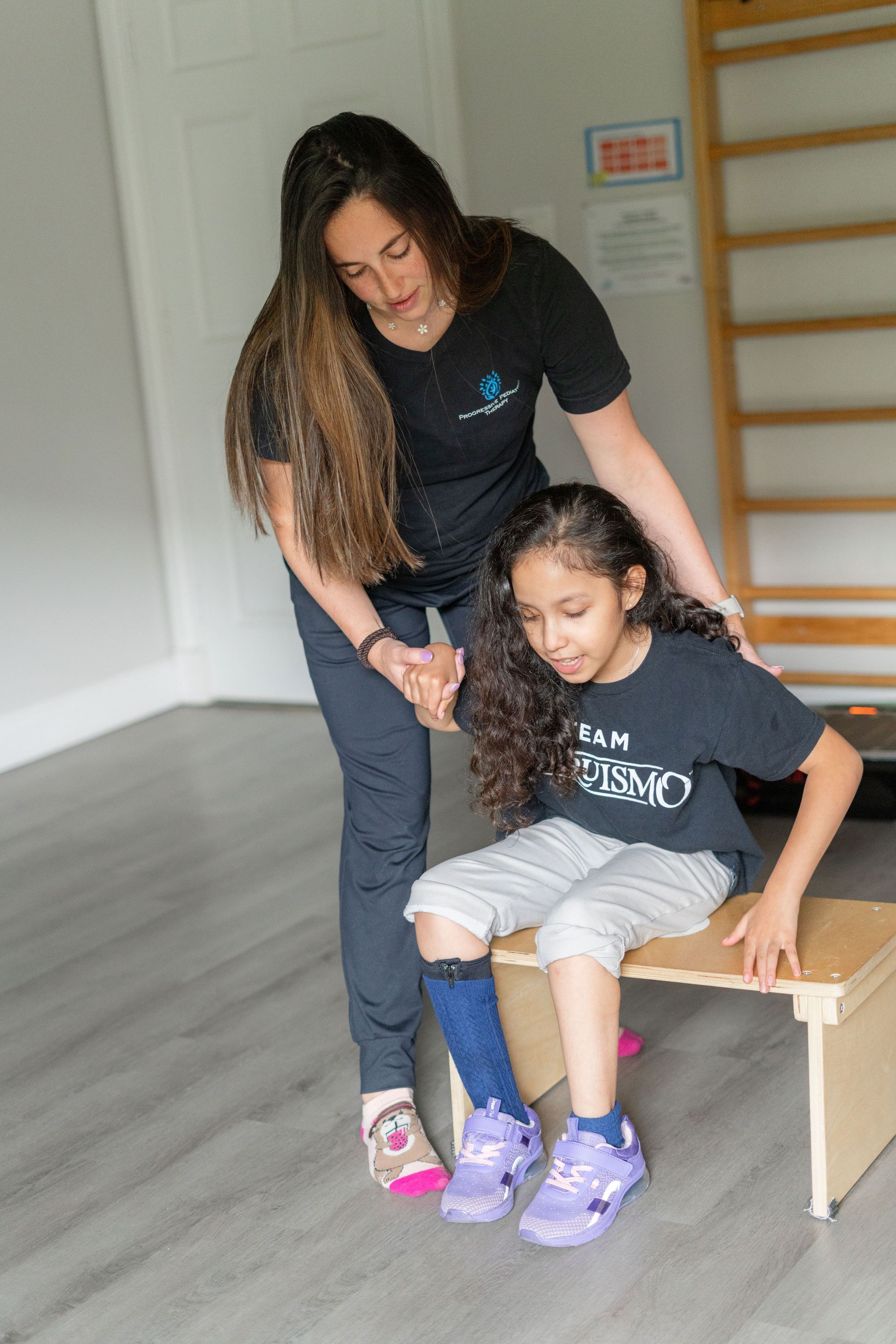
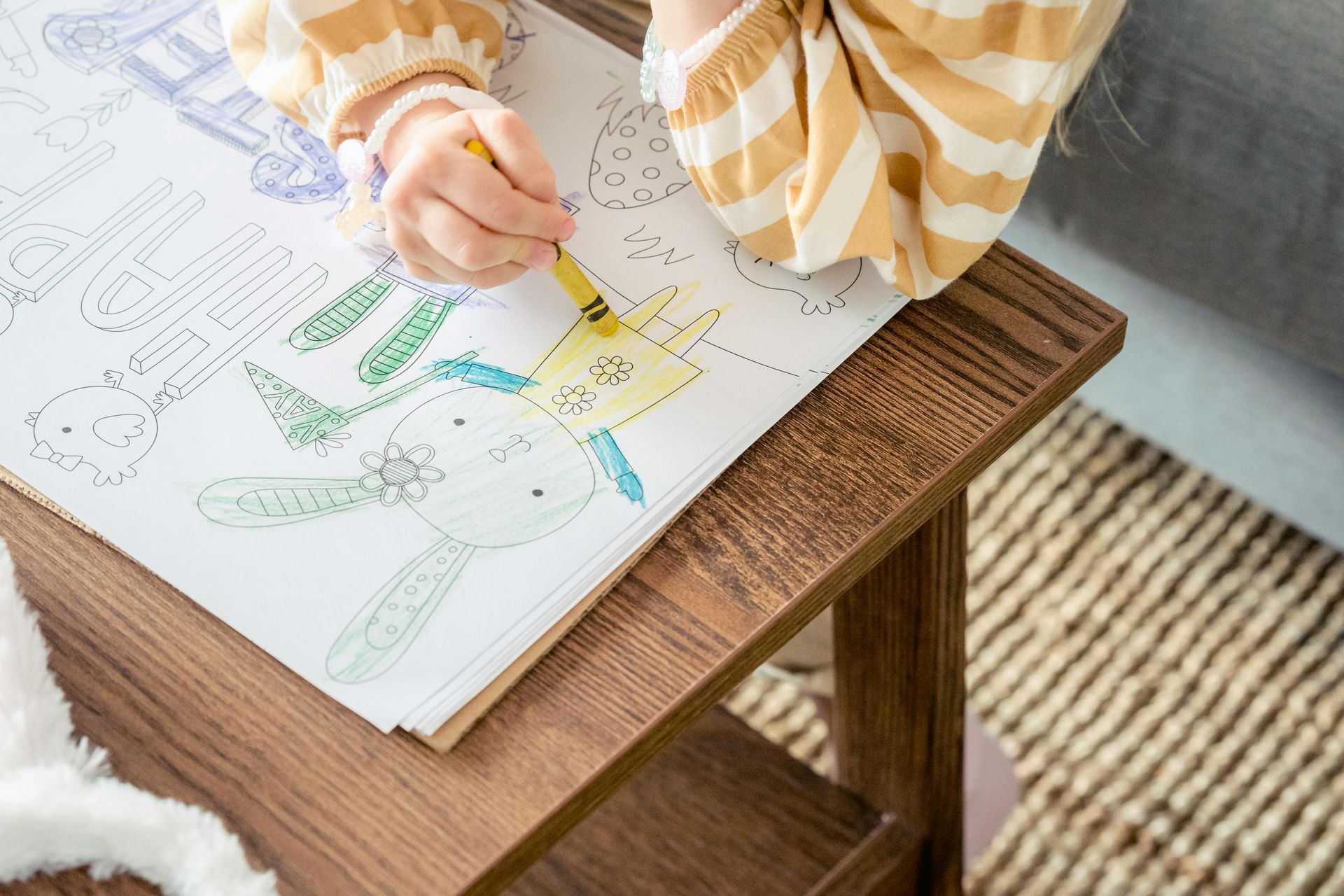
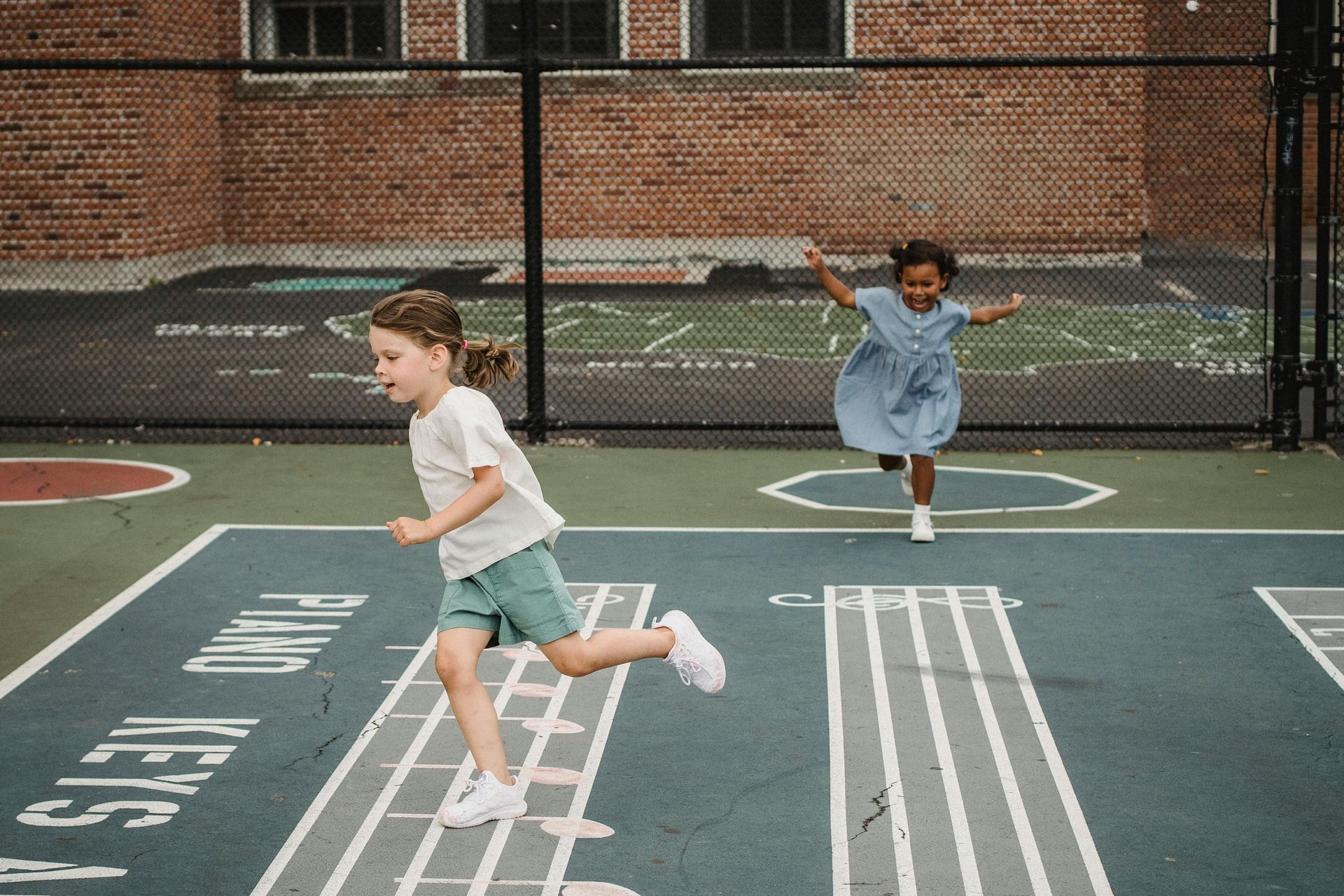
We empower children, families, and the community to learn, grow, and celebrate every child's unique abilities.
Quick Links
Contact Details
Phone: 561-376-2573 | 561-918-0190
Fax: 561-218-4939
VIP Concierge: 561-717-1764
Clinic Locations
All Rights Reserved | Progressive Pediatric Therapy, Inc. | Privacy Policy | Terms of Service
Site by Spearlance